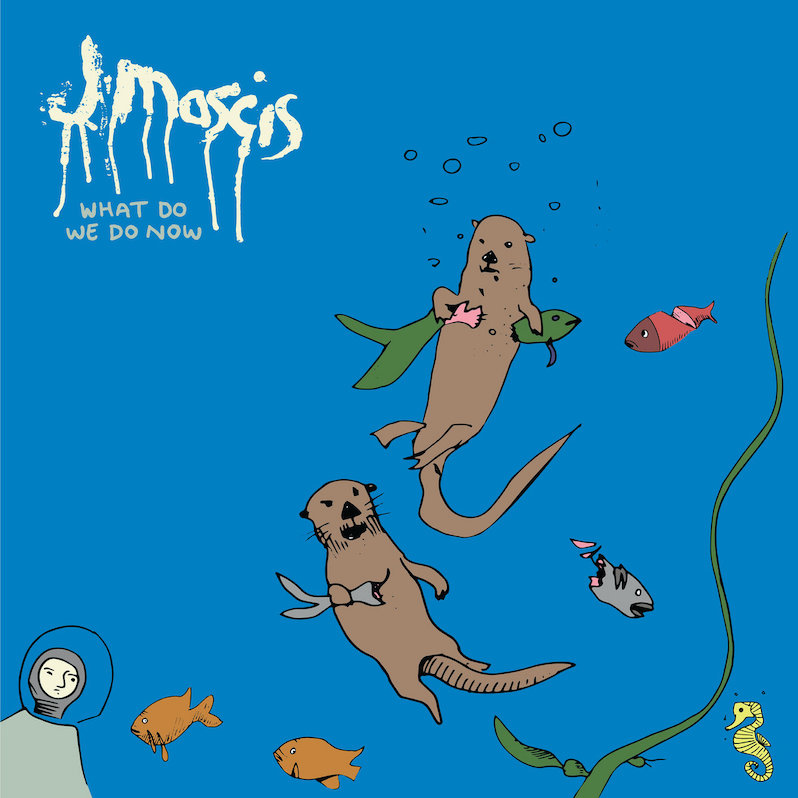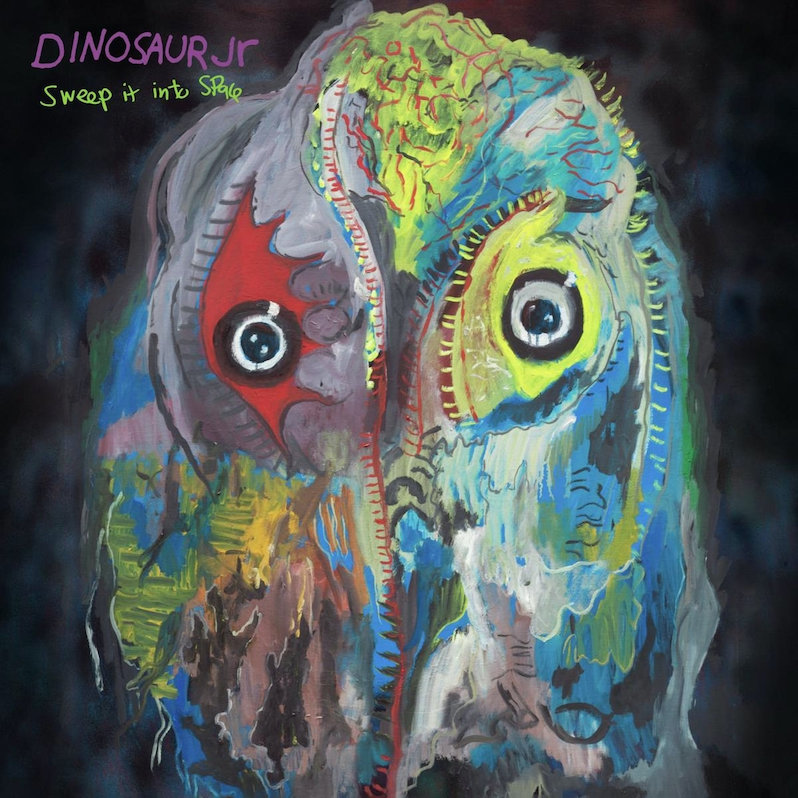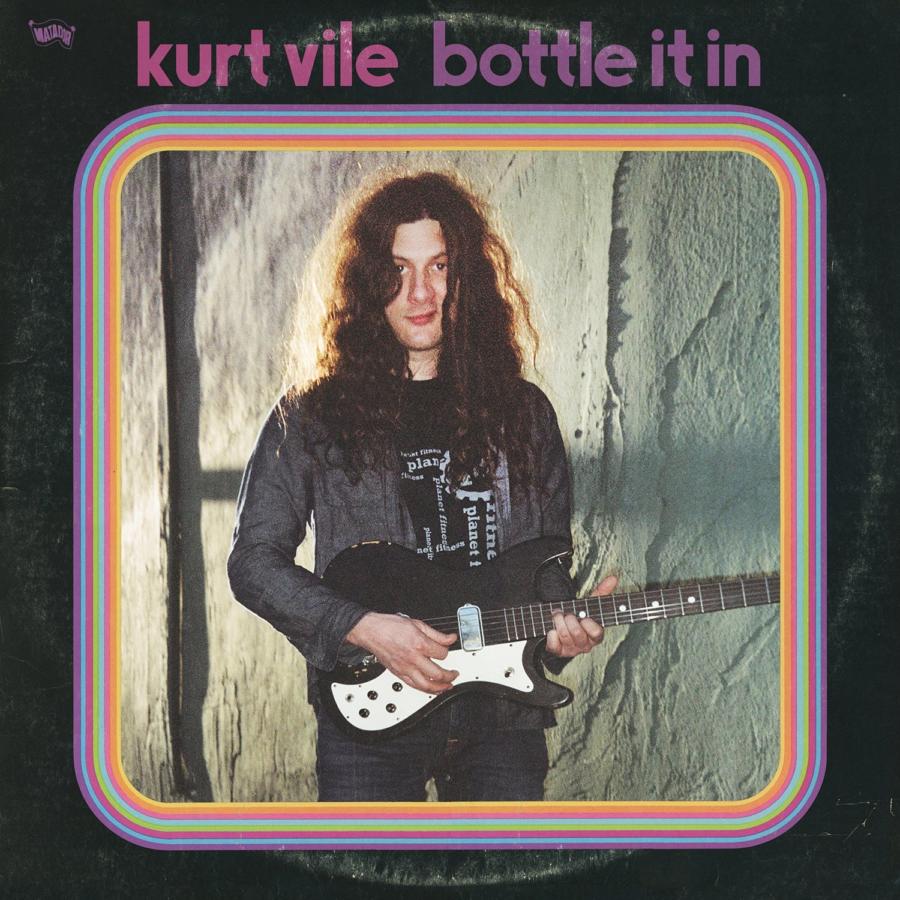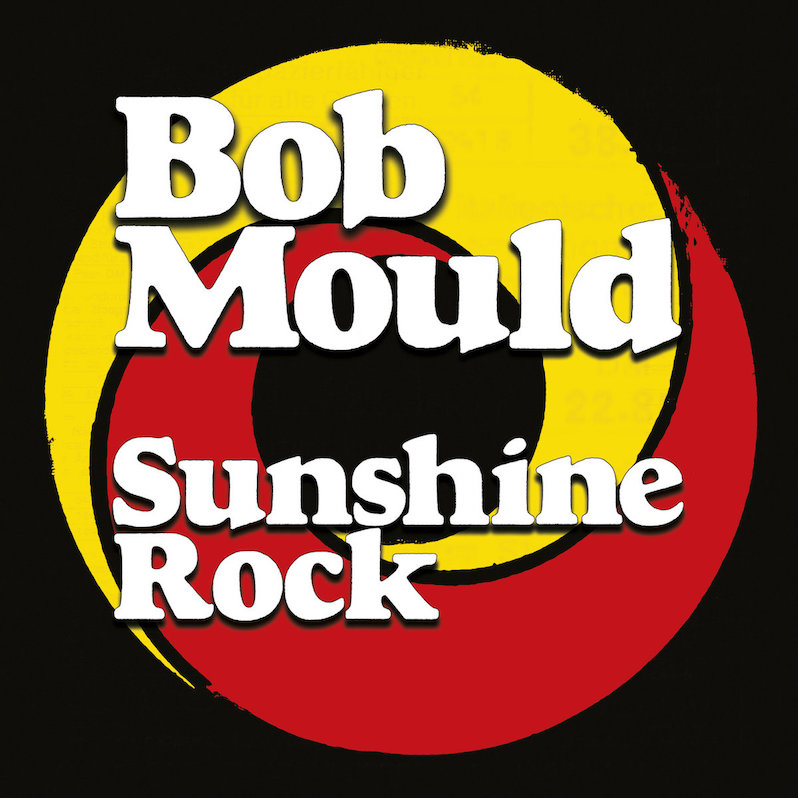J Mascis : What Do We Do Now

A curious condition of the self-made prison of consistent greatness is being compared against yourself. This is a tried and true problem for most legacy groups: see, for instance, why people are so discouraging about Rolling Stone offering a good review to a modern Deep Purple or Bruce Springsteen record, presuming they certainly must be phoning it in after all these years, only to have accidentally revealed that their ears are so nostalgia-blind as to be incapable of reading a text from a historical group or performer in the present tense. And yet, this is not always a failure of a reader of texts or listener of records. It turns out that if you are consistently producing masterworks of a genre, laying down foundational material that others build whole careers out of badly cribbing, then making something merely quite good does in fact feel like a let down. It’s a strange parallax, and one that makes me glad we don’t do scores here at Treble. How would you describe, numerically, a record that is quite solid by any metric except the performer in question releasing it? Can this ever be truly objectively quantified? Alas, we need not worry about this issue.
If you couldn’t anticipate where that previous paragraph was heading, What Do We Do Now, the fourth solo album and umpteenth total album by Dinosaur Jr. leader J Mascis, is itself quite a solid record. Much like all of his solo records, an endeavor which was begun in 2011 between the releases of Dinosaur Jr.’s Farm, for my money their greatest record, just barely nudging out their previous high-water mark of You’re Living All Over Me, and 2012’s deeply underrated I Bet On Sky. The modus operandi of his solo work seems to be to recall the countrified elements of his main band’s sound in the ’90s, an element the group has largely discarded aside from the particular post-Neil Young panache of Mascis’ soloing style. It is, like the three solo records before it, a folk rock album at heart, each of the songs guided largely by acoustic guitar and piano arrangements with deeply restrained rhythm section playing supporting, often feeling like mid-period R.E.M. or perhaps the logic extension of if the Byrds and Simon and Garfunkel had been able to continue their iconic folk rock run in the mid to late sixties before swinging off for cosmic country on one hand and increasingly worldly folk music on the other. Against this backdrop are the two standards which mark Mascis’ playing in all contexts save the ones where he’s behind the drums: that languorous country drawl of his vocals, smeared like vaseline against the lens, and the terrifying hard rock surge of his solos and especially that killer guitar tone.
So what, then, makes it feel just a little less resonant? First is an issue similar to that of the last two Dinosaur Jr. albums, being that while these are often quite strong showcases of genre staples and fundamentals, there’s often just not quite enough meat on the bone to make them feel like substantial additions to the canon, save a song or two. It is hard, at least currently, to imagine these songs lasting terribly long in live sets or lingering too deep in the memories of listeners, despite their resolute pleasantness and great tunefulness to the ear. The other is a curious issue specific to Mascis’ solo work. To be blunt, it doesn’t feel strongly enough differentiable from Dinosaur Jr.’s main output, specifically because of the vocal approach and, more keenly, the guitar solos themselves.
Far be it from me to ever say that a master of the craft should ever not solo; unlike some players or critics recently, I am and will remain an ardent defender of solos, especially ones filled with as much rhapsody and emotion as Mascis’. His studiousness of heavy metal, hard rock, psych and prog players bent to a countrified harder-edged alt rock sound on paper should sound like nothing but cheap nicks off the aforementioned Neil Young, but he’s managed over the decades to really make the style his own and become arguably the best alt rock guitar soloist period. The issue here is that the solos rarely seem to fit the sensibility of this material and wind up presenting a split image; either songs that failed to have the heft and rock edge that would elevate them to Dinosaur Jr material or solos that misunderstood the sophisticated and restrained folk rock atmosphere of the song they lay against. In a vacuum, both elements are great, really great, but together they simply don’t mix well, leaving the record overall feeling a bit confused and far more like songs that just didn’t make it onto a Dinosaur Jr. record rather than a discrete composed set all their own.
Still, these are ultimately niggling complaints. The album itself, as said before, would be solid as hell under almost any other name, presenting in this hypothetical a promising debut from a group marrying the folk rock arrangements of great exploratory ’60s bands with the harder rock guitar soloing of the post-Hendrix wing of the alt rock world. It’s a solid record and, for fans of either the group in general or even the broader world of alt rock, it’ll be a satisfying listen. Compared against the towering heights of Mascis’ rightly-esteemed catalog, however, it fails to shine as bright. The curse of greatness.
Label: Sub Pop
Year: 2024
Similar Albums:
Langdon Hickman is listening to progressive rock and death metal. He currently resides in Virginia with his partner and their two pets.




